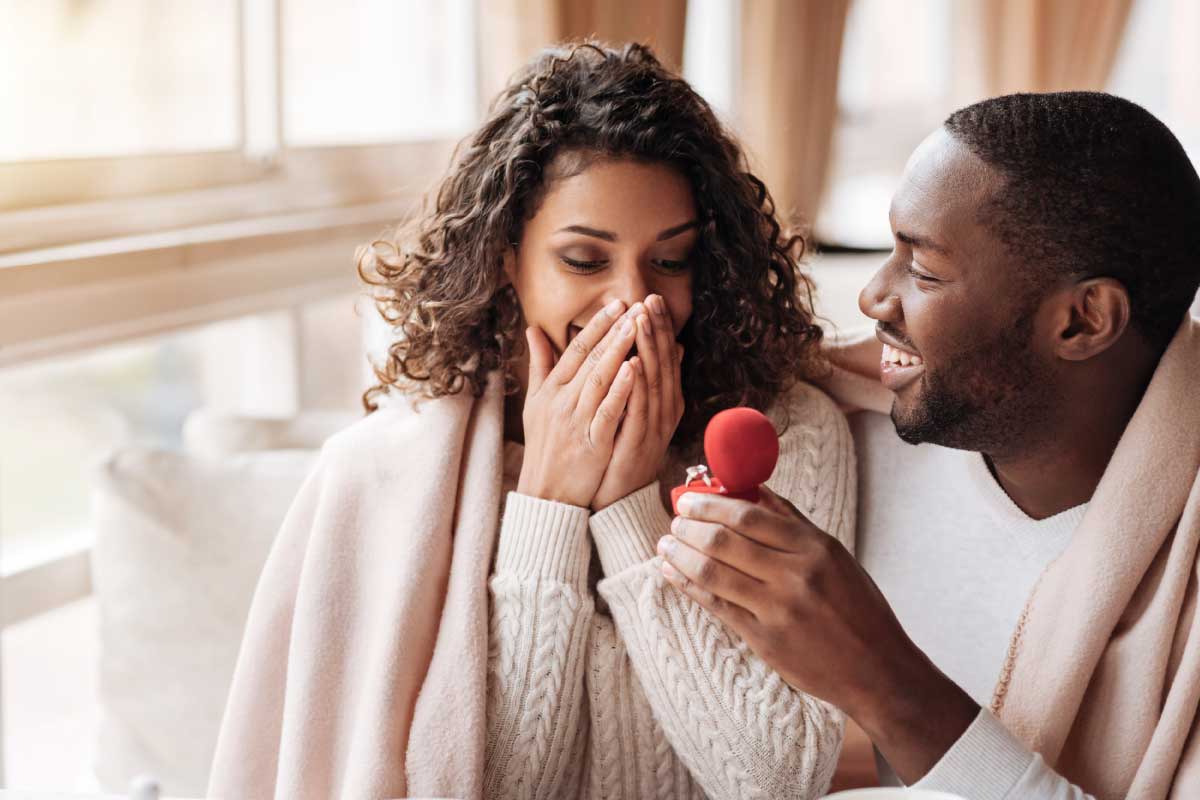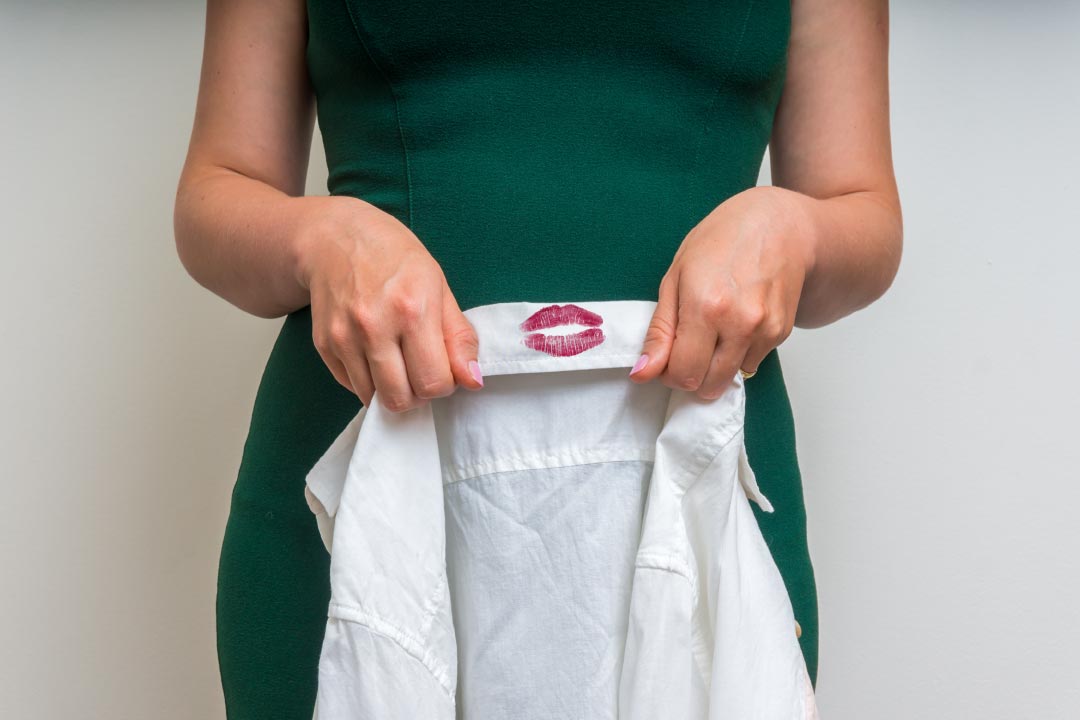

Take The Quiz
The attachment style quiz can help you understand your own attachment pattern and its implications for your current relationship.
Instructions for the attachment style quiz:
When completing this attachment quiz, please focus on one significant relationship. Ideally a current or past partner. This does not necessarily need to be a romantic relationship but must be the individual with whom you feel the most connection. Who is your primary “go-to” person if you’re sick, in trouble, want to celebrate, call with the news, etc.
This relationship quiz is designed to be a learning tool. You can print your results and bring them in for a discussion with a relationship counselor.
NOTE: This is NOT a diagnosis.
Review Your Quiz Score
How Your Attachment Style Impacts Your Romantic Relationship
Your attachment style influences how you react to your needs and how you go about getting them met. It impacts which partner you select and how your relationship progresses. Often, we set ourselves up by finding partners that confirm our models.
Your style of attachment was formed at the very beginning of your life. Your experience with your primary caregivers formed a template for the way you attach to others.
If you grew up with an insecure attachment pattern, you may project or seek to duplicate similar patterns of relating as adults. Even when these patterns hurt you and are not in your own self-interest.
When there is a secure attachment pattern, a person is confident and self-possessed and is able to easily interact with others, meeting both their own and another needs.
However, when there is an anxious or avoidant attachment pattern and a person picks a partner who fits with that maladaptive pattern, they will most likely be choosing someone who isn’t the ideal choice to make them happy.
Your attachment style can change with new attachment experiences.

Follow Up To The Relationship Attachment Style Quiz
How to Overcome Attachment Insecurity
If you think you’re insecurely attached, and it’s having a negative impact on your love life, here are a few common-sense steps you can take to make the transition to secure attachment:
Seek a relationship with someone who is securely attached.
Relationships with friends, romantic partners, a caring teacher, mentor, or therapist can all help instill a secure attachment. A positive experience with a securely attached person can override your insecurity. It can challenge you to develop yourself and grow in that relationship, ultimately healing patterns from the past.
Heal your shame and raise your self-compassion
This enables you to not take things personally, to resolve conflicts in relationships openly, and to seek a securely attached partner. Learning acceptance of yourself and others can improve all areas of your life and help you resolve conflict from a “we” perspective. Healing shame can help increase your sense of connection and belonging with others.
Learn to identify and express your needs
Learning to identify, honor, and assertively express your emotional needs can help you have a voice in your relationships and avoid codependency. You may also need to learn to be more assertive so that you can express your emotional needs. Taking the risk to be authentic can deepen your connection with others and reduce your shame and reactivity.
Seek Individual Therapy
Therapy can be very helpful for changing maladaptive attachment patterns. Therapy is a safe relationship where you can learn to identify and express your needs, practice communication skills, heal shame and learn self-compassion. The experience of the therapeutic relationship itself can heal early attachment wounds and help you develop a more secure attachment style.
In therapy, you can test out beliefs and assumptions with your therapist and learn to feel and react differently, which can translate to your romantic relationships. For more information, contact us, or read about our relationship counseling services or counseling for low self-esteem.
Seek Couples Therapy
In couples’ therapy, both partners can identify and challenge beliefs that promote expectations of rejection and that fuel their feelings of anger. Both partners come to understand the source of their destructive thoughts and attitudes in the context of their earliest attachments and learn emotional skills to stay connected at the moment.
This emotionally focused approach provides the impetus for exploring new, more positive ways of relating, and frees people to experience genuine loving feelings and real security in their intimate relationships. For more information, read about our couples therapy or marriage counseling services.


















